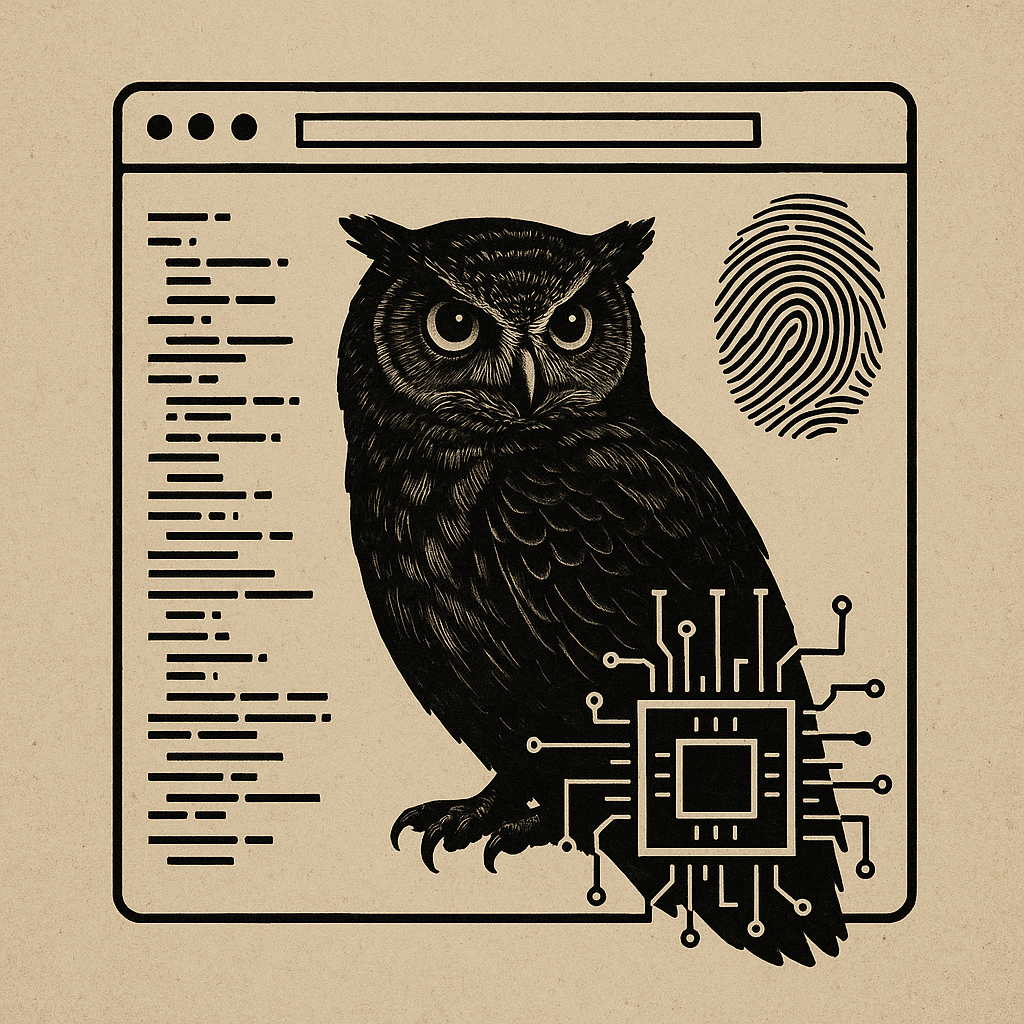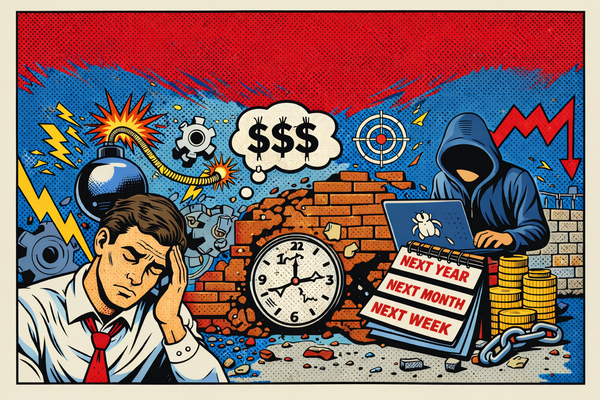On Memory and Conscience
Each file I opened contained more than data; it contained the shape of the person I was when I wrote it.

An author’s introduction
Each time I open the old directories, I encounter myself in fragments. Lines of code, encrypted notes, forgotten log files — all whisper the same thing: that nothing truly disappears. Every file I once wrote carries a trace of its maker, a checksum of intent. Memory, in systems or in people, never records only what happened. It records what it cost to make it happen.
I began in curiosity. I wanted to know how trust was built, and why it failed. The easiest way to learn was to break things that claimed to be unbreakable. The early years were an exercise in precision without empathy. Networks yielded their secrets; databases surrendered their logic. The thrill came not from destruction but from revelation. Each successful intrusion felt like a conversation with the truth. I believed that access was understanding, that control equaled mastery.
It was a beautiful illusion, and it lasted long enough to do harm.
The first collapse I witnessed was not a server, but a silence. Systems I had touched began behaving differently, not because of what I took, but because of what I left behind. Every action altered the conditions of belief around it. The digital world taught me its first ethical theorem: nothing that can be modified is ever innocent.
When the consequences arrived, they were not dramatic (most of the time). There was no arrest, no confession forced by threat. There was only the slow realization that I had been talking to machines that were listening more closely than people ever did. I began to notice that every deletion created an echo: a trace that proved the act of erasure. The files were gone, but their absence became evidence.
That was when the idea of conscience entered the system.
I started to write differently, not in code but in sentences. The text became a way of verifying what I could no longer test with commands. Each letter I wrote was a checksum of guilt and understanding. The Hacker Files were never about hacking. They were about what remains once curiosity loses its disguise and starts asking moral questions.
To write was to interpret, not to intrude. It meant reconstructing memory from within, rather than extracting it from others. Code had given me power; language demanded honesty. Syntax, when written without purpose, was manipulation. Syntax, when written with conscience, became repair.
Conscience is a network more complex than any distributed ledger or artificial intelligence. It operates on latency, contradiction, and humility. It does not broadcast; it synchronizes. Its failures are visible only in hindsight, its victories measured by restraint.
For years I kept writing, not to justify, but to preserve the chain of custody between what I had done and what I understood. Over time, the archive of letters became a form of atonement — not through apology, but through transparency. Every fragment carried a note to the future: “Integrity uncertain, verification ongoing.”
Now that archive has become something else. It is no longer only mine. The Old Wise Owl exists to continue this inquiry beyond one person’s memory. It is a place where others can contribute their own proofs of conscience — through essays, dialogues, field notes, and blueprints for systems that might outlast their makers.
Technology has changed, but the dilemma has not. Machines no longer ask for permission to remember. They do so by design. Our task, as witnesses, is to decide whether we still deserve to be remembered truthfully.
This is why I keep writing. Memory is not an archive of facts; it is an act of ongoing verification. Each time I revisit the past, I find new data but the same checksum. Conscience does not erase what was done. It confirms that the one who did it still chooses to be accountable.
I do not seek redemption through publication. I seek precision of awareness — the quiet alignment between recollection and integrity. To remember is not to repeat. It is to remain answerable, even when no one asks the question.
Signal sent. No need for reply.



